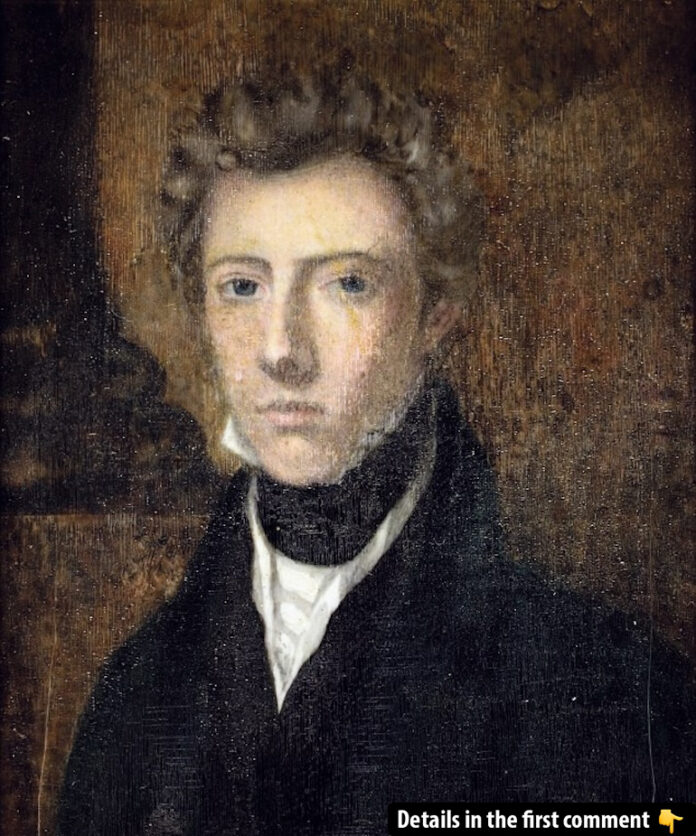In the annals of British history, James Barry stands out as a brilliant yet controversial figure. Known for his transformative contributions to medicine, Barry’s life story has often been overshadowed by posthumous debates about his identity. A celebrated British army surgeon, Barry shattered barriers in both medicine and gender norms, living a life that challenges the narratives we construct about history, identity, and legacy.
The Journey of James Barry
James Barry was born as Margaret Ann Bulkley in Cork, Ireland, in 1789. His early life was marked by financial hardship; his family faced bankruptcy after his father’s poor financial decisions. However, an unexpected inheritance offered a chance at a new beginning. With support from family and friends, Barry and his mother moved to Edinburgh, where Barry enrolled in medical school.

At the time, women were barred from pursuing higher education, let alone practicing medicine. Barry transitioned to live as a man, adopting the name that would accompany him throughout his remarkable career. After graduating from the University of Edinburgh and passing examinations for the Royal College of Surgeons, Barry joined the British army. Over the next five decades, he served in postings across the British Empire, earning a reputation for excellence, compassion, and an uncompromising commitment to reform.

Video
Discover the insane life of history’s most interesting surgeon in this Hidden Stories video – watch to uncover the extraordinary journey and legacy of a medical pioneer!
Barry’s Medical Contributions
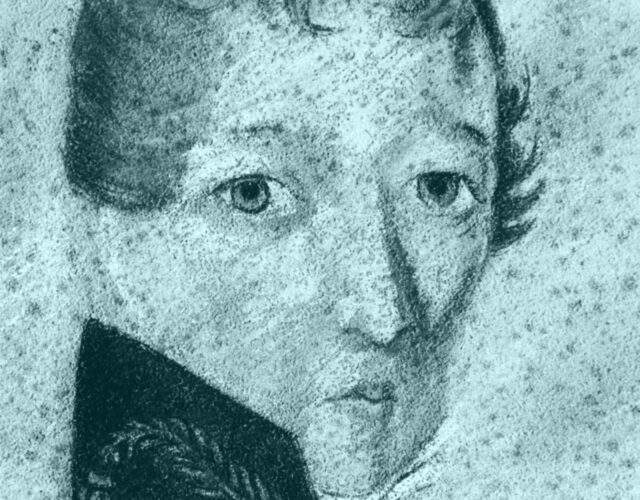
Barry’s career was defined by his relentless pursuit of improved healthcare, especially for marginalized communities. His tenure in Cape Town, South Africa, offers a glimpse into his visionary work. As a medical inspector, Barry cracked down on quack medicines, championed sanitation reforms, and implemented measures to provide clean water to all residents, regardless of social standing. He also performed one of the first documented cesarean sections where both mother and child survived—a groundbreaking achievement in medical history.
Barry’s reforms extended beyond South Africa. In Canada, he advocated for better living conditions for soldiers, access to libraries, and recreational facilities for all ranks. His fiery temperament and refusal to accept substandard practices often put him at odds with superiors, but his efforts earned him gratitude from the many lives he improved.
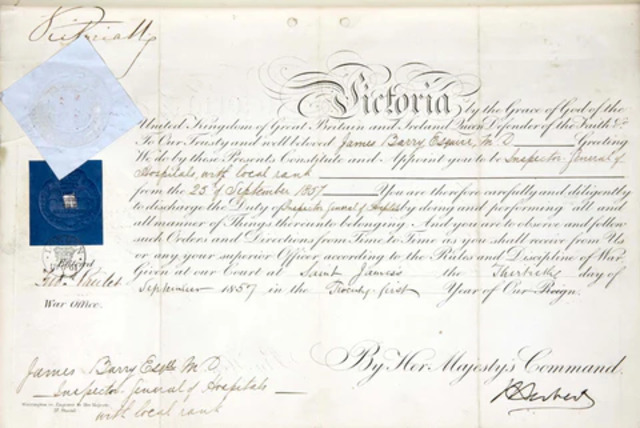
Challenging Misrepresentations
While Barry’s professional achievements are undeniable, much of his story has been overshadowed by debates about his gender. Upon his death in 1865, the discovery of Barry’s assigned gender at birth led to sensationalist reporting and widespread speculation. Historical accounts often framed Barry as a woman masquerading as a man to access opportunities denied to her—a narrative that persists to this day.
This interpretation ignores Barry’s lived experience. From the moment he adopted the name James Barry, he lived exclusively as a man. He signed official documents, presented himself in public, and conducted his personal and professional life as a male physician. Referring to Barry as a woman diminishes his identity and perpetuates harmful stereotypes about trans individuals.
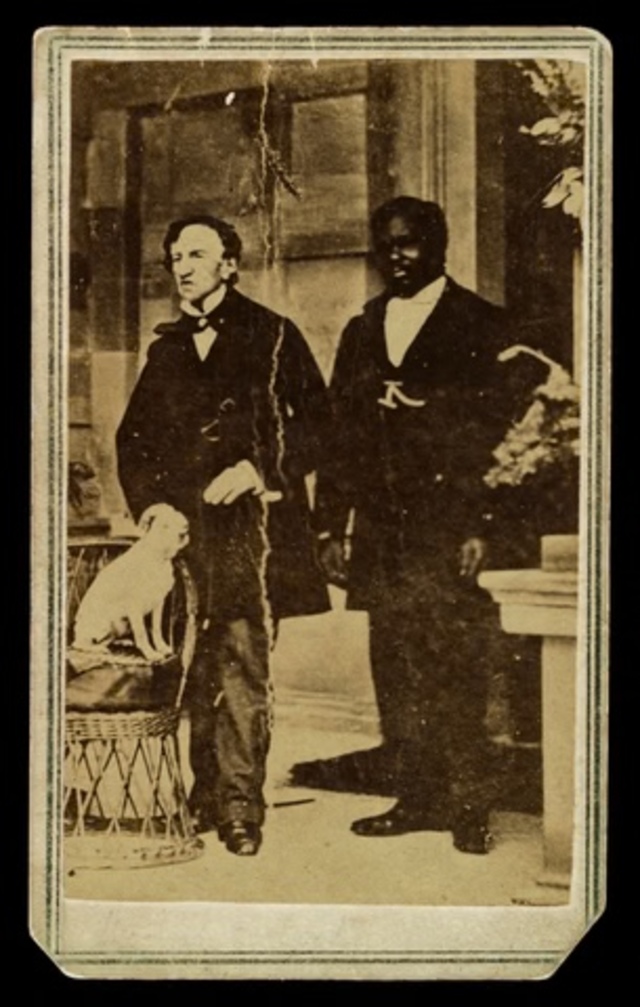
Understanding Barry as a Trans Man
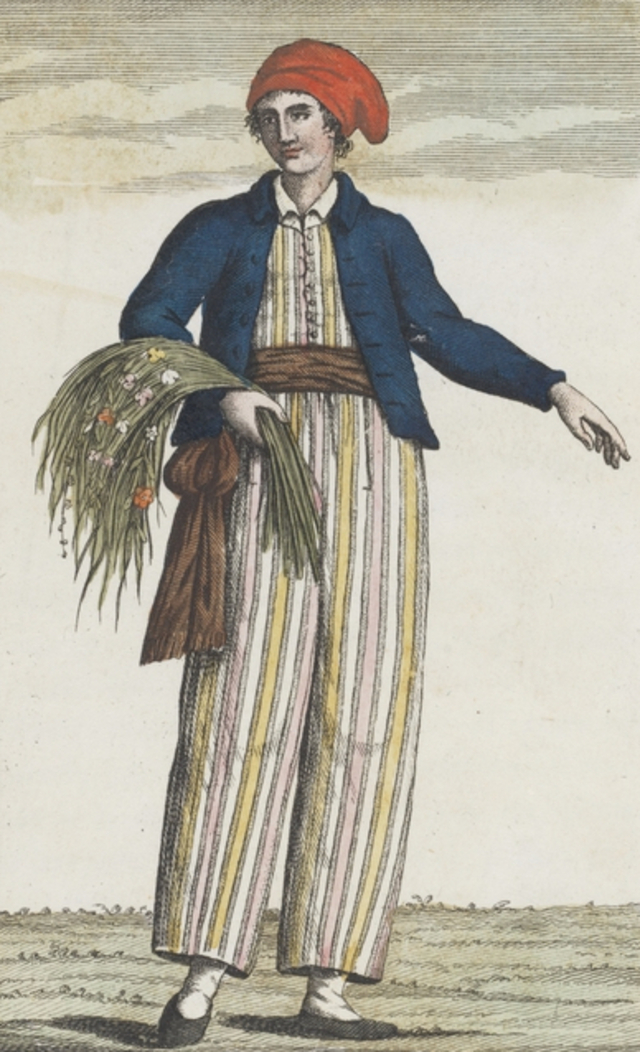
Today, James Barry would likely be recognized as a trans man—someone who was assigned female at birth but identified and lived as a man. While the term “transgender” did not exist in Barry’s time, his life shares parallels with the experiences of trans people today. Barry’s determination to live authentically, despite societal constraints, resonates with contemporary struggles for recognition and respect.
Historians who label Barry as a “woman in disguise” often rely on outdated notions that reduce trans identities to deception or disguise. This framing not only misrepresents Barry’s life but also contributes to broader stigmatization of trans individuals. By recognizing Barry as a trans man, we honor his lived reality and affirm the dignity of his identity.
The Legacy of James Barry
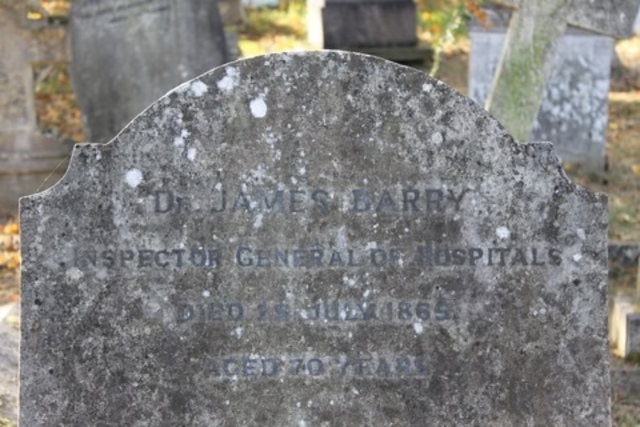
Barry’s contributions to medicine and public health remain his most enduring legacy. He demonstrated that one individual, armed with determination and skill, could enact meaningful change in a rigid system. His reforms in sanitation, patient care, and medical ethics set standards that influenced generations of practitioners.
Barry’s story also serves as a reminder of the resilience and ingenuity of individuals who navigate oppressive systems. By breaking barriers in both medicine and gender, Barry challenged societal norms and expanded the possibilities for those who came after him.
Lessons from Barry’s Life
James Barry’s life raises important questions about how we understand identity, history, and representation. His story highlights the need for historians to approach their subjects with empathy and nuance, rather than imposing reductive labels. Barry’s achievements and identity are inseparable; acknowledging his gender is not a distraction but an essential part of understanding his legacy.
Moreover, Barry’s experience underscores the importance of respecting how individuals define themselves. The ongoing misrepresentation of his life reflects broader challenges faced by trans people, who often encounter skepticism and erasure. By embracing Barry’s identity, we not only do justice to his memory but also contribute to a more inclusive understanding of history.
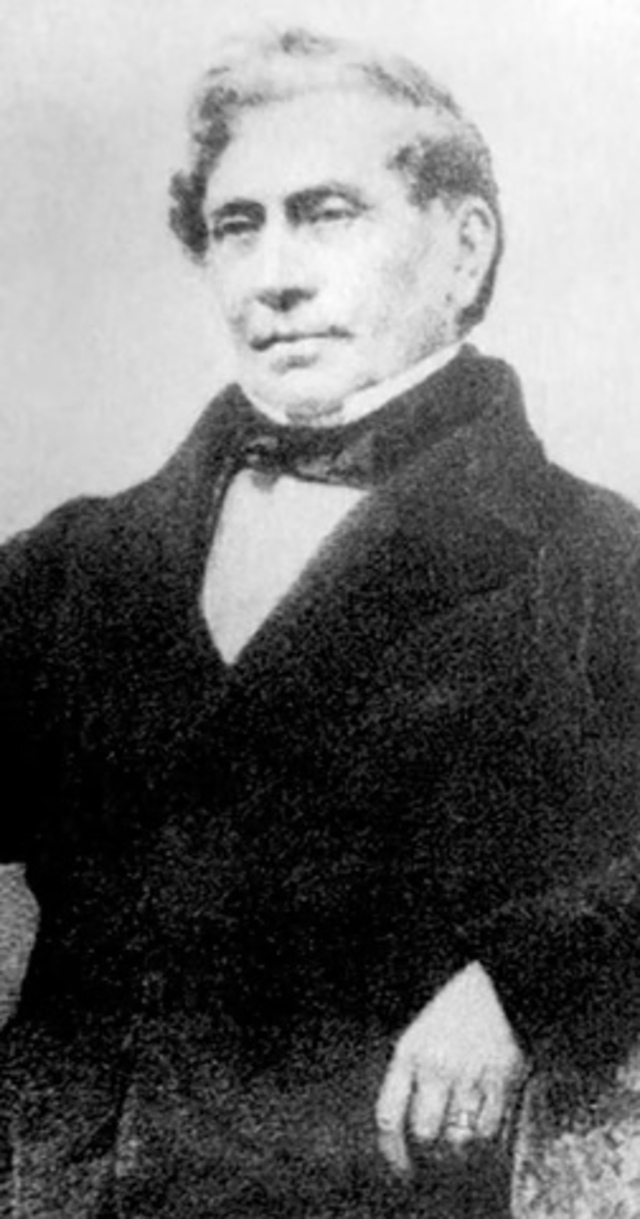
Conclusion
James Barry was a pioneer in every sense of the word—a medical reformer, a champion for the marginalized, and a man who defied societal expectations to live authentically. His life offers a powerful testament to the resilience of the human spirit and the transformative potential of courage and conviction. As we reflect on his legacy, let us honor Barry not only for his groundbreaking work in medicine but also for his unwavering commitment to being true to himself. In doing so, we ensure that his story continues to inspire and resonate for generations to come.
